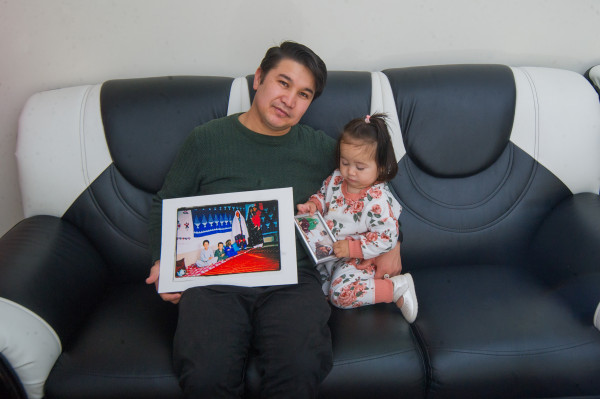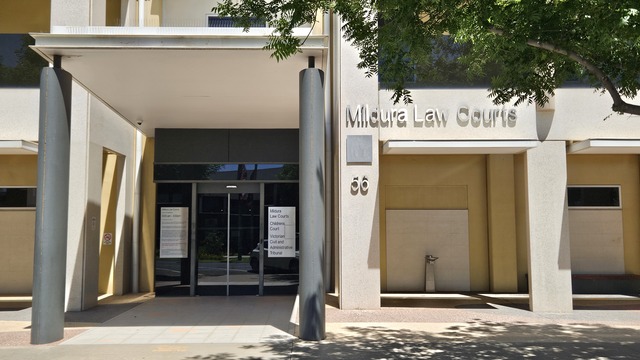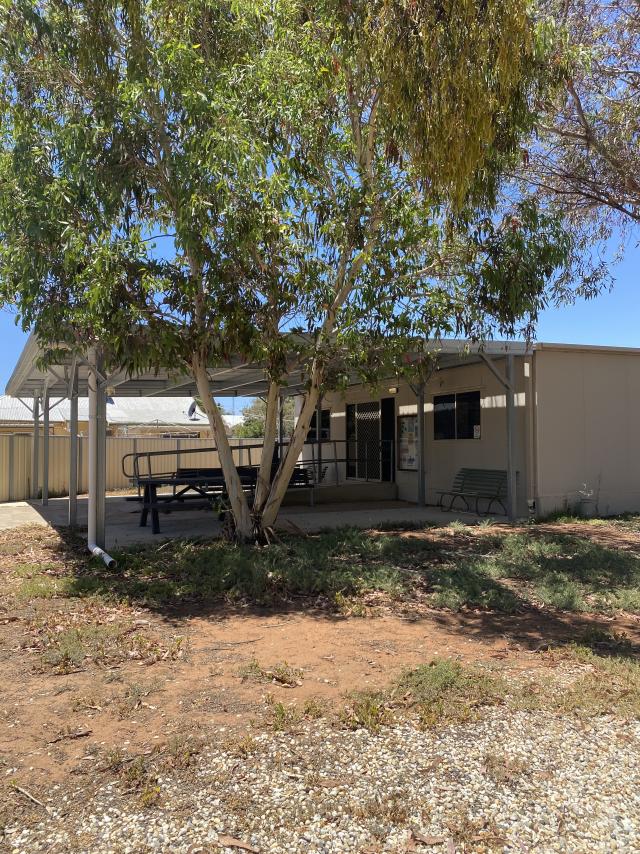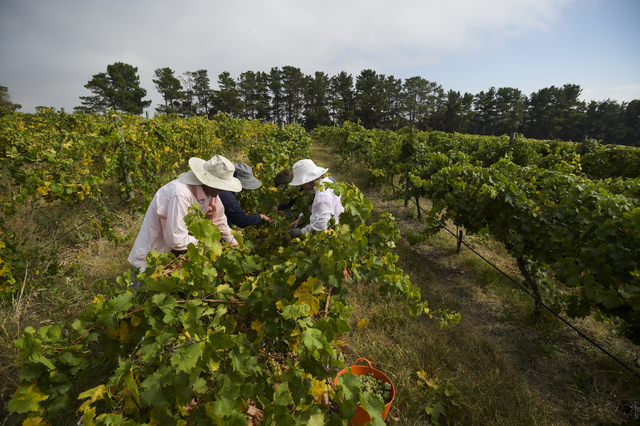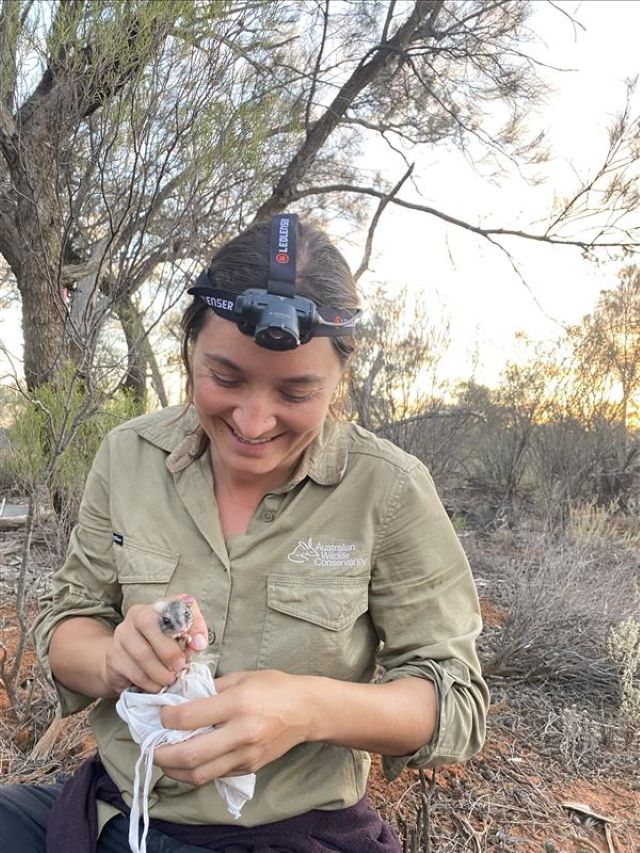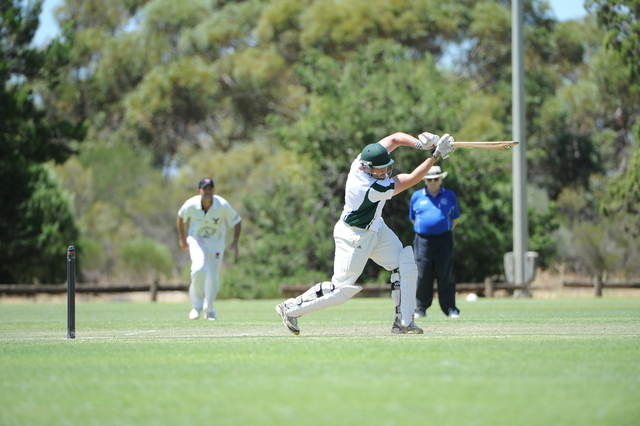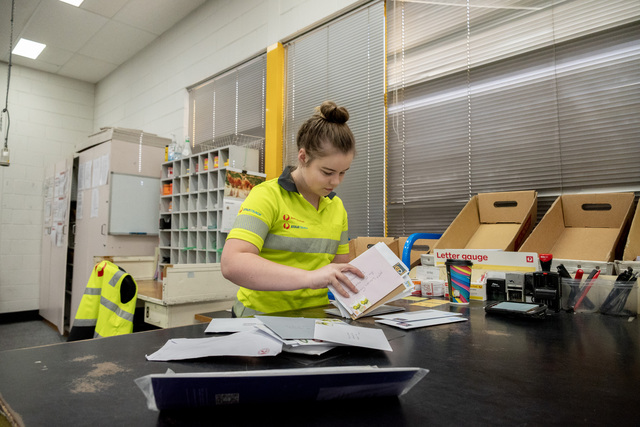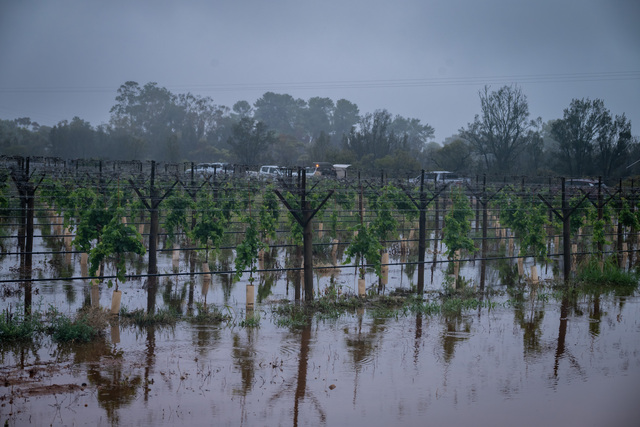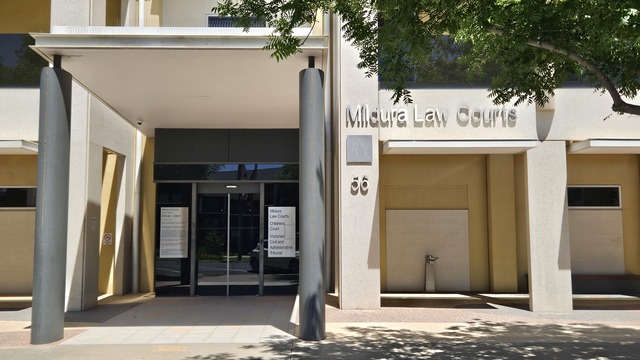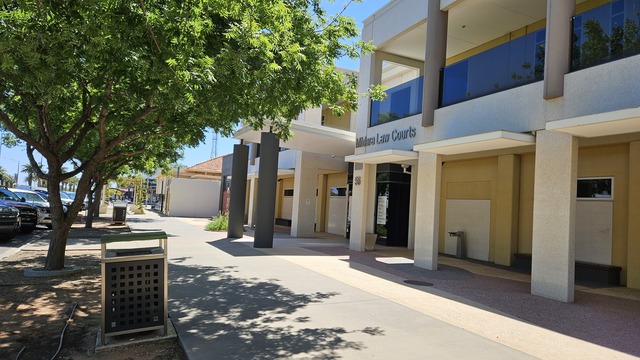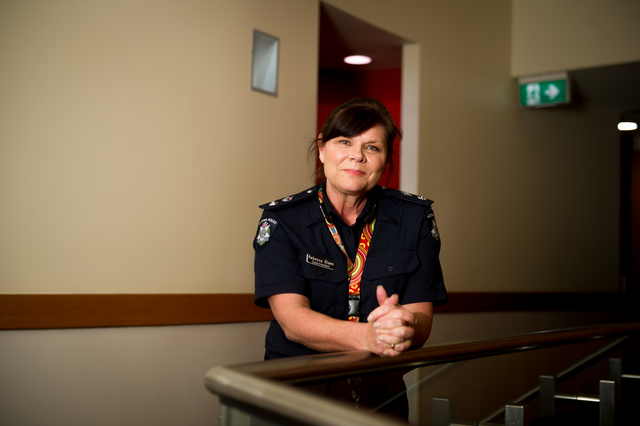A MILDURA man whose village in Afghanistan has surrendered to the Taliban says it is now too late for many of his family members to reach safety, and the Australian Government must to do more to help Afghan people fleeing the regime.
Hazara community leader Zia Ibrahimi, who fled to Australia in 2007, said his village had hosted Afghan and coalition soldiers on the frontline of the fight against the Taliban, and he feared his family had been abandoned to persecution, rape and genocide when the government soldiers withdrew from the region on Sunday.
“It shreds me to pieces. It is devastating,” he said.
“We hosted the soldiers on our land to defend the district…. we supported the government, and anyone standing up against the Taliban can be prosecuted, can be considered as infidels and criminals.”
Afghan people, and particularly the Hazara ethnic minority his family belongs to, were in a “desperate situation”, he said.
He called on the Australian government to increase its humanitarian intake, and offer permanent residency and citizenship to Afghans already in Australia so they could sponsor their family members to come to Australia.
“We’re in a desperate situation in need of help. Any help that (the government) could think of that benefits us, please feel free to share that.”
Prime Minister Scott Morrison acknowledged on Tuesday Australia will not be able to evacuate everyone it should from Afghanistan.
“We will continue to do everything we can for those who have stood with us, as we have to this day,” he said.
“But I want to talk openly to veterans that despite our best efforts, I know that support won’t reach all that it should.
“On the ground events have overtaken many efforts, we wish it were different.”
Over the last few days Mr Ibrahimi has lost contact with some family members and says some practical measures to help are impossible as the humanitarian disaster unfolds.
“Sending money is prohibited,” he said. “Money transfers… have been blocked by banks.”
“Our shop, our land, our cows and horses and sheep have been taken.
“I don’t know what really happened to (some family members), if they are starving to death.”
Since the Taliban takeover, some of Mr Ibrahimi’s family members have fled to the mountains to protect young women from forced marriage and rape, he said.
Others have fled to the capital Kabul, but now believe “they can’t escape” as the Taliban take control of key assets in the city.
Mr Ibrahim’s home district of Jaghuri was “the last district standing against the Taliban regime before Kabul collapsed”, he said. When government soldiers abandoned the region on Sunday night, the leaders of the community surrendered to the Taliban, asking them “to show mercy to the people of the village, not to genocide men and women,” Mr Ibrahimi said.
“It seems that it has worked temporarily,” he said, but he does not trust the peace to hold.
“(The Taliban) are not holding on to the promises that they offer. It is almost to me is like requesting a paedophile not to rape another child again, I don’t believe them. I don’t trust them. They are terrorists.”
For Mr Ibrahimi, his fear of the Taliban comes from personal experience.
He was smuggled out of Afghanistan at the age of 13 after being captured by Taliban soldiers and told he would be used as a suicide bomber.
He has since made a life in Mildura, and says other refugees, like him, will thrive in Australia if they are offered safety.
“If Australia can provide this safety (to refugees), we kiss the soil of this land. This is where the future lies. This is where our future of children going into peace and harmony going will be educated,” he said.
“For the local communities reading this message, please show some love care and support when you see refugees. You will get it back. Kindness will bring back kindness.”

